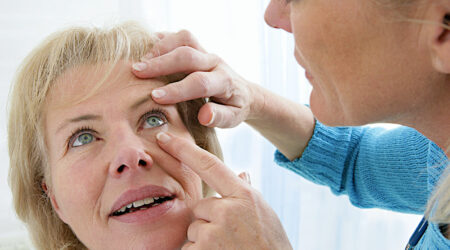
Menopause – Early signs and how to manage them
According to statistical data, over two million women in the country go through menopause annually. Menopause is a significant biological phase in the lives of menstruating individuals, impacting their physical, mental, and emotional health. This phase typically occurs between 45 and 55, with the average age being 51 years nationwide. Consulting a gynecologist can help one understand menopausal symptoms and seek timely treatment if required. Here are the stages and early signs of menopause:
Stages of menopause
Menopause is often classified into three major stages:
- Perimenopause
Perimenopause is the phase in which the body naturally transitions to menopause. The perimenopausal phase typically lasts from 40 to 44 years of age. However, the duration of perimenopause differs between individuals. While some people may experience perimenopause only for a few months, others may have a perimenopausal phase over the years. - Menopause
Menopause typically starts a year after one’s last period. Sometimes, it may also begin after a clinical procedure to terminate one’s period, such as a hysterectomy or removal of the ovaries. - Postmenopause
Postmenopause refers to the years following menopause. In this phase, women may continue to experience menopausal symptoms briefly, even while not menstruating.
Early signs and symptoms of menopause
Here are a few early signs of menopause, of which one should be aware:
- Irregular periods
During the perimenopausal phase, the ovaries typically release fewer hormones than usual, leading to irregular periods. - Hot flashes
A reduction in estrogen levels during perimenopause results in the excessive secretion of other body hormones, causing an increase in body temperature and triggering hot flashes. Hot flashes refer to sudden, intense flashes of warmth in several body parts, including the neck, chest, and face. These flashes may be accompanied by sweating. - Night sweats
An increased body temperature due to hormonal imbalances during perimenopause can also lead to bouts of profuse sweating, particularly at night.









